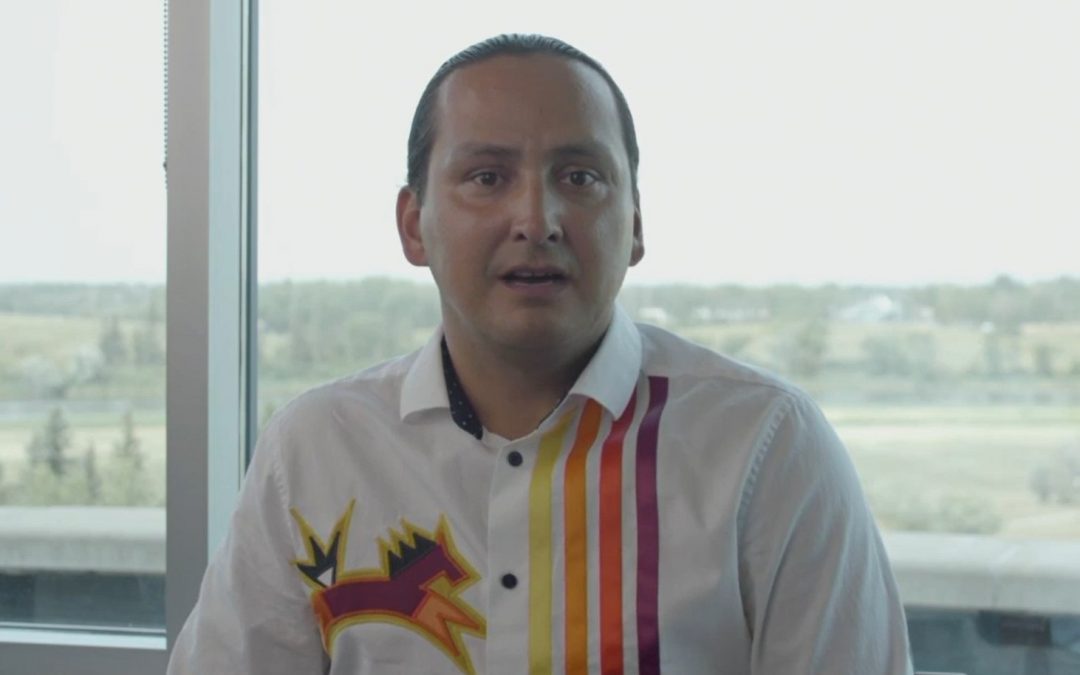Former Cowessess First Nations Chief Cadmus Delorme is leading an advisory committee on how to transition approximately 23 million documents related to residential schools.
In December 2021, Crown-Indigenous Relations Minister Marc Miller directed his department to undertake a broader internal review of existing documents, but also develop a structure for sharing such documents.
“These documents that relate to Indian Residential Schools have names and stories and validation to the loved ones, to the unmarked graves, to some that just want to reconnect or know more about the journey of family members and so forth,” said Delorme, following a two-day meeting of the advisory committee.
The 23 million documents is far in excess of what was required to be disclosed to the Truth and Reconciliation Commission, under the Residential School Settlement Agreement.
Last year, Ottawa turned over more than 1.5 million documents and high-quality images to the National Centre for Truth and Reconciliation.
Miller explained that many of the documents will be duplicates, or pertain to the settlement agreement, but that his department is leaving no stone unturned.
“Sharing residential school-related documents outside of legal obligation is an important shift in Canada’s approach, one that increases transparency and accountability, which is critical to advancing reconciliation. The Committee’s direction is necessary to ensuring that Canada can continue to respond to the ongoing impacts of residential schools in the ways First Nations, Inuit and Métis Survivors, families and communities expect,” he said.
Several survivors have been named to the advisory committee, including Eugene Arcand of the Muskeg Lake Cree Nation and Ted Quewezance of the Keeseekoose First Nation.
As more First Nations undertake ground-penetrating radar searches of potential unmarked graves at former residential school sites, these documents could play a vital role in researching identification.
Delorme explained of the 140 residential schools that operated in Canada, 16 search groups have validated evidence of unmarked graves. The Advisory Committee will have five years to present a transition plan to the federal government on how these documents will be shared, kept and accessed.
The Advisory Committee is expected to meet again this fall.
